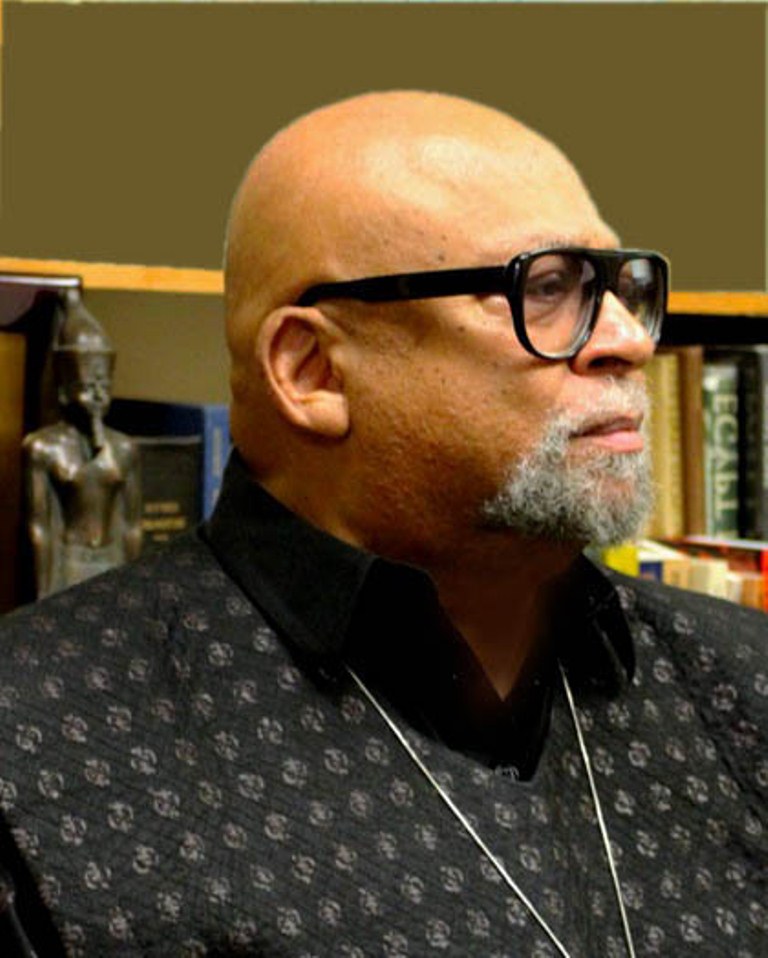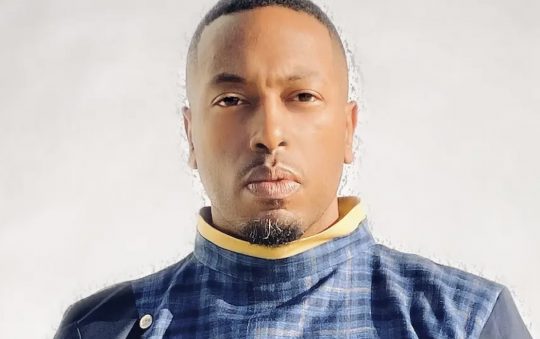
There is no real or rational denying of the damage and disruption the coronavirus has done and is continuously doing to our lives and livelihoods, our health and happiness, our meetings and modes of education, our public and private events, travel, and the economy. This deadly and disabling virus has also impacted our family gatherings and visits to each other’s homes and to each other in hospitals, nursing homes and elsewhere, as well as our places and ways of worship. In a word, it has closed down and narrowed the spaces for our relation-building, renewal, work, recreation, relaxation, grounding and the goodness that comes from just being together.
And it has placed fear and confusion in the hearts and minds of people, put conspiracy theories in the minds and mouths of some, and prompted outright denial of its existence and effect by others and panic and mindless preparation for disaster by still others. It has a sudden uncertainty and fear of the future, for it has taken away or seriously limited the things we used to do to make us secure in the sureness and continuity of things: work, school, parties, outings, restaurants, recreation and religious services, malls, movies and making contact in countless ways. And so, our mooring seems to have snapped, a storm is rising and we are wondering how and when we will reach shore and see sunshine again.
But we who have suffered overwhelming disasters and massive death and disabling from both natural and social sources must not panic, play down the seriousness of the public health crisis we face from this disease. Nor can we, in good faith, cosign or cooperate in scapegoating different others for the disease or look for imagined origins rather than medical explanations, or believe we are immune by age, intellect, class, nationality, race, religion or religiousness. We are all vulnerable, although some are more so, and we must think, feel, plana and act accordingly.
Thus, the current coronavirus pandemic poses, especially for us as a people not only a serious health challenge, but also a moral and social challenge. For it speaks not only how to control and mitigate the spread and find a vaccine for this disease, but also how in the process we rightfully relate to each other, support each other, and advocate and fight for each other, especially for the most vulnerable among us and those in the larger society. Indeed, it has been our historic role to be a moral and social vanguard in this country and to honor the ancient African ethical imperative “to bear witness to truth and set the scales of justice in their proper place among those who have no voice,” the devalued and disempowered, the vulnerable. And thus, it was and remains our obligation to constantly struggle to expand the realm of freedom and justice and equality and power in this country and open the way for reconceiving and reconstructing an America the founding fathers could not imagine or accept.
The strategy posed and enjoined to deal with this crisis has been named “social distance, social distancing.” And this immediately raises the question for us, what about social solidarity in the midst of emphasis on social distancing. For even though it is labelled “social distancing,” it is really focused on “physical distancing.” But such physical distancing has social implications, for it can easily lead to actual social distancing, i.e., relational distancing. Nevertheless, this strategy of physical distancing, called social distancing, is a legitimate and necessary practice in the efforts to control and mitigate the spread of the coronavirus. And this includes, not only keeping distance in contact, but also self-quarantines, city quarantines and whole countries locking down and locking off its own citizens from each other and from the rest of the world. Again, all this is to protect us from the virus, not to separate and isolate ourselves from those we need and who need us for support, sustainment and building a moral community and society.
Thus, we have to be conscious of and resist how this practice of “social distancing” can produce a psychology of vulgar individualism which sees self in autonomous, antagonistic, acquisitive and aggressive ways. This means the cultivation of a self that seeks its own health and well-being at the expense of others or mindlessly engages in practice which demonstrates this psychology even unintentionally. This has been clearly demonstrated in the rampant hoarding of food, water and supplies, fighting in shopping lines, building and buying bunkers, and increased purchasing of weapons.
Such hoarding, aggressiveness, paranoia and arming for anticipation of aggression from others or imagining need to take what one needs from the weakest, will not help anyone nor ultimately make them safer. This deprives and harms others, depriving them to the food, water and vital supplies that need. And this deprivation will be most harmful to the vulnerable, although it threatens the health, well-being and security of all. For it undermines the unity and sense of community key to combatting threats and danger to it.
Here we must not only measure the more quality of our community and society by how we treat the most vulnerable. We must also start with the proposition that health and well-being are comprehensive and inclusive concepts and conditions. Thus, it must be concerned with a range of capacities and conditions including not only available, accessible, affordable and adequate health care, but also the same for housing, food, water and job and/or income security.
But key also is the need to be in constant contact with others, not only loved ones, friends and family, but also others and be in significant exchanges and relationships. Studies demonstrated that distancing, especially relational distancing, can negatively affect mental and physical health as can closeness affect them positively. This relational problem is especially acute for the most vulnerable, the elderly, ill, disabled, the homeless, the isolated, alone and incarcerated and the poor in every category. Therefore, we must stay in touch with all these vulnerable groups among us, support them, advocate for them and fight on their behalf. Indeed, we must find ways, even locked down, to keep in touch and take care of them and each of them, reassure them and ourselves, and embrace them in our hearts even when we can’t with our hands and arms.
Furthermore, we must continue struggling even in and because of the crisis we know that in spite of official and informal talk about helping all, we are not always included and even if included, we are not always treated equally or equitably. There will be appeals to come together as one nation or country. But we know that this is an episodic and superficial engagement with the idea of unity, not the practice of unity, only its pronouncement in the interests of the ruling race and class.
Our task is to pose a model of Maat, rightness, of truth and justice and common good that, as our ancestors taught, endures in the midst of that which is overthrown and enables us to say, this is the legacy of our mothers and fathers. It is the understanding of all life as sacred, all people of all kinds as worthy of the highest respect in the delivery of health care or housing, food and clean water, income security, education, all the other essentials vital to a good and meaningful life.
It is to reject in thought and practice the specious and self-deceptive claims of the owners and oligarchs of the capitalist world that a greed-governed and wealth-worshiping system can solve this crisis and all its implications. Clearly, we speak here of a systemic problem that needs to be engaged even as we focus on the real threat and daily disease of coronavirus. If we are to continue in earnest to bear witness to truth and set the scales of justice in their proper place among the voiceless, devalued and disempowered, then we must continue to struggle for radical reconstruction of this country as well as its health care system by all means available and by those we develop in the process and practice of defining, defending and advancing their interests and the interest of our people as a whole.
Whatever comes of our struggle against this most deadly virus and the related problems it poses, we must keep our closeness in these critical times. And as always, continue the struggle; keep the faith; hold the line; love our people and each other; seek and speak truth; do and demand justice; be constantly concerned with the well-being of the world and all in it; and dare help rebuild the overarching Movement which prefigures and makes possible the good world we all want and deserve to live in and leave as a legacy worthy of the name and history, African.







